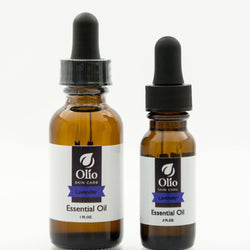Shop our 100% pure, therapeutic grade essential oils.
Essential oils are compounds extracted from plants.
The oils capture the plant’s scent and flavor, or “essence.”
Unique aromatic compounds give each essential oil its characteristic essence.
Essential oils are obtained through distillation (via steam and/or water) or mechanical methods, such as cold pressing.
Once the aromatic chemicals have been extracted, they are combined with a carrier oil to create a product that’s ready for use.
The way the oils are made is important, as essential oils obtained through chemical processes are not considered true essential oils.
Simple smells such as lavender, chamomile, and rosewater may help keep you calm. You can breathe in or rub diluted versions of these oils on your skin. Scientists think they work by sending chemical messages to parts of the brain that affect mood and emotion. Although these scents alone won’t take all your stress away, the aroma may help you relax.
Oils that are fine on your arms and legs may not be safe to put inside your mouth, nose, eyes, or private parts. Lemongrass, peppermint, and cinnamon bark are some examples.
In general, don’t keep them more than 3 years. Older oils are more likely to be spoiled because of exposure to oxygen. They may not work as well and could irritate your skin or cause an allergic reaction. If you see a big change in the way an oil looks, feels, or smells, you should throw it out, because it has probably spoiled.
More of a good thing is not always good. Even when diluted, an essential oil can cause a bad reaction if you use too much or use it too often. That’s true even if you’re not allergic or unusually sensitive to them.



